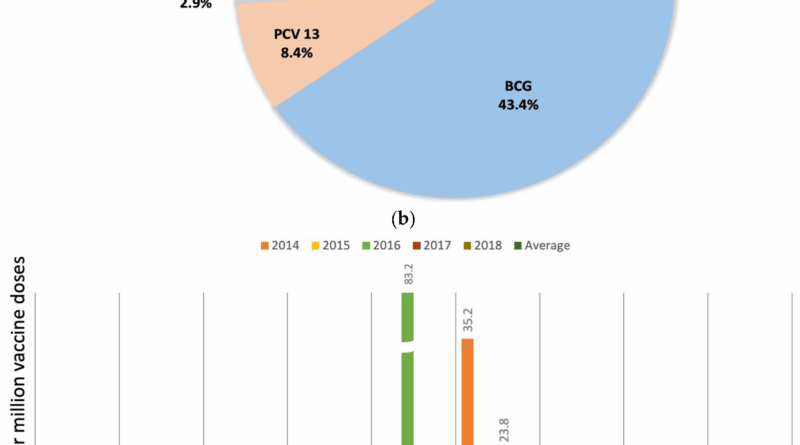Reforming the Vaccine Injury Compensation Program: Pros and Cons
There is an emerging discourse on the necessity of making significant changes to the mechanism for providing compensation to individuals who have suffered injuries due to vaccines. There is, however, concern that the proposed modifications by the health secretary may ultimately limit universal vaccine access. There’s an underlying fear among specialists that some hinted alterations may inadvertently place the vaccine production at risk.
A distinctive federal judicial system has been in function for nearly four decades, providing compensation to U.S citizens who establish they have been negatively impacted by vaccines. In addition, this system also safeguards vaccine manufacturers from potential lawsuits. However, even the most dedicated advocates of the Vaccine Injury Compensation Program (VICP) concur that the system needs substantial reform.
The current VICP framework has its shortcomings. It is marked by protracted processes, inadequacy of staff, and often presents an antagonistic environment for families who genuinely require assistance. It’s against this backdrop that Robert F. Kennedy Jr., the Health Secretary, has announced plans to revamp the VICP and usher in a more efficient and prompt system for Americans seeking compensation.
Kennedy has presented a critique on the VICP, highlighting its descent into a state of dysfunction characterized by favoritism and overt corruption. He elaborates on the immense challenge parents, who attribute their children’s injuries to vaccines, face in confronting the immense resources and influence wielded by the U.S. government.
Mr. Kennedy also contends, although inaccurately, that families are barred from suing vaccine manufacturers in conventional courts due to the current compensation program. He further argues that the court punishes and intimidates expert witnesses as well as attorneys representing the claimants. These strong assertions have fueled unease and anticipation among public health experts.
Experts express trepidation that Kennedy’s proposed changes could trigger an avalanche of lawsuits that could compromise vaccine production. Moreover, they warn that the suggested modifications could potentially undermine the application of vaccines, thereby putting public health at risk.
In conclusion, while the prevalent consensus upholds the need for reform in the Vaccine Injury Compensation Program, the direction and impact of the proposed changes require careful scrutiny. The challenge lies in crafting a compensation mechanism that efficiently and fairly serves those adversely affected by vaccines, without jeopardizing the stability of the vaccine production industry or general vaccine uptake.


